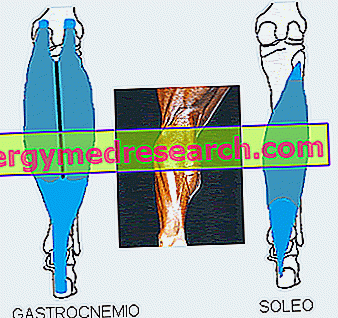
"Taken from: Il Fatto Quotidiano - May 16th 2012"
Perhaps not everyone knows that the author of the well-known Dukan Diet was disbarred by the Medical Association already in 2012. For those who knew, however, the specific reason may not be clear; let us therefore try to be clearer.
Radiation is a rather harsh disciplinary intervention and quite difficult to apply; consists in the cancellation of a professional, in this case a doctor, from the official Register with consequent impossibility to carry out the work indefinitely. In general, the radiation is decided and issued by a special commission which has the function of evaluating a possible infringement of the specific regulation (or more difficultly through ope legis ).
In the case of Pierre Dukan, one of the most famous nutritionists in the world, it has been ascertained that the system used by the homonymous diet could imply (not only in sick subjects) an increased risk of incidence for some diseases, with the only advantage of to favor the doctor's entrepreneurial economy.
In reality, the disciplinary intervention was requested by the doctor himself, probably with the aim of "deceiving" the disciplinary system that should have penalized him. The accusation was that he paid little attention to the seriousness of his claims, that he advertised himself in a non-professional manner and that he practiced medicine only as a profession, putting the health of users in the background. All of this goes against the ethical code of a doctor, according to which: the professional must be cautious in his public statements and must not practice medicine as a profession .
Those who already know the Dukan method will surely know that it is a hyperproteic, hypoglycidic and therefore potentially ketogenic dietary system. It is therefore an unbalanced diet, even if this characteristic would unite it with dozens of other contemporary methods. Therefore, so far nothing new. What not everyone knows, is that the doctor took the liberty of promising a higher score to medical undergraduates if they had avoided earning lost over the last 2 years. At a first assessment, the request might seem to be an incentive to prevent all complications related to obesity; however, this behavior, in addition to being a form of discrimination, does not take into consideration the emotional impact that such a request could have on subjects at risk of eating disorders (Food Behavior Disorders) or other psychological problems.
In short, a real "disfigurement" to the code of ethics.



